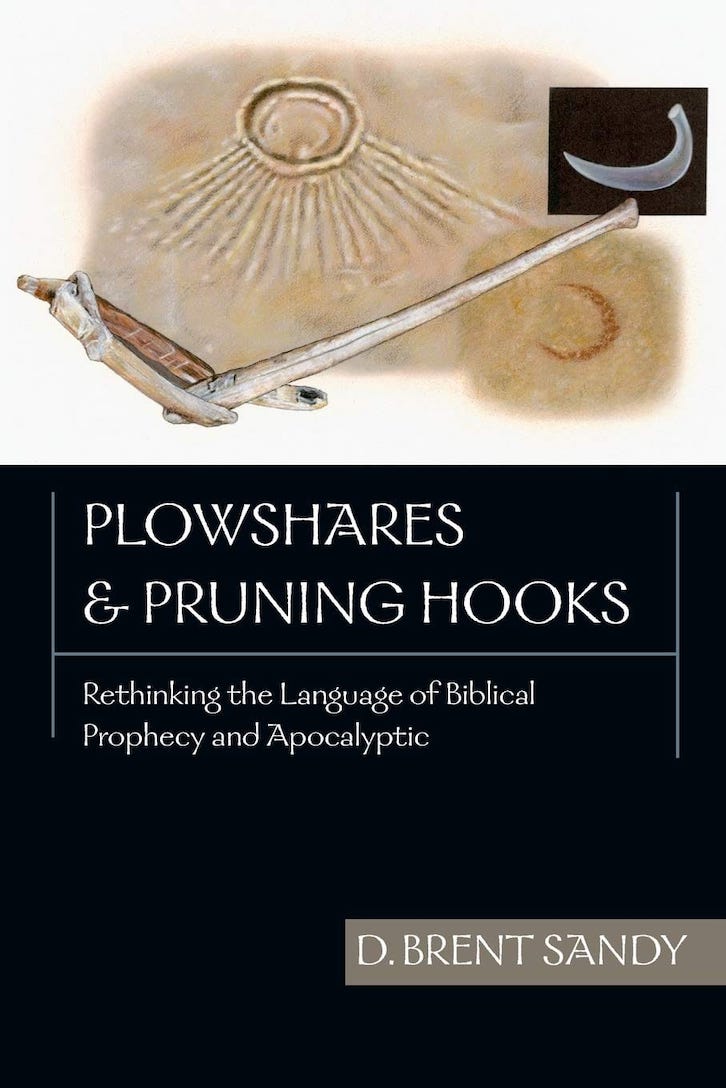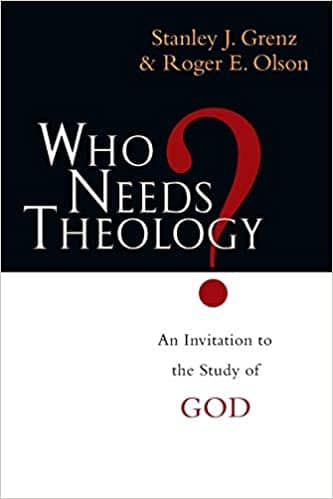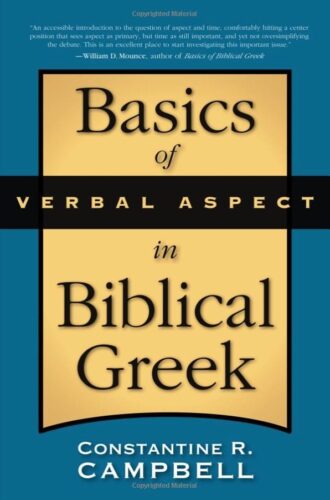Response Paper for Plowshares & Pruning Hooks: Rethinking Prophecy & Apocalyptic by Brent Sandy
Introduction Plowshares and Pruning Hooks: Rethinking the Language of Biblical Prophecy and Apocalyptic was written by Brent Sandy, a professor and chair of the department of religious studies at Grace College in Winona Lake, Indiana when the book was published by InterVarsity Press in 2002. The book aims to examine how biblical prophecy and apocalyptic … Read more





